Joel McCrea, who was born 111 years ago today in South Pasadena, California, is a favorite of ours. Though he eventually settled into a long run of western pictures, he had previously proven to be adept at many other types of roles, too, from screwball and romantic comedies to thrillers and dramas. Here are 10 JM Did-You-Knows:
- McCrea’s father was an executive with the L.A. Gas & Electric Company; his mother was a Christian Science practitioner. McCrea had a paper route, delivering the Los Angeles Times to D. W. Griffith and other prominent members of the film community.
- McCrea graduated from Hollywood High School and was a member of the class of ’28 at Pomona College. While in college, he took drama courses and appeared in school productions and also in plays at the Pasadena Playhouse.
- While in high school, McCrea was already working in the film industry. An adept horseman, he worked as a stunt double and “reins holder” for stars such as William S. Hart and Tom Mix.
- Just out of college, McCrea signed with MGM, appearing in The Jazz Age (1929) and earning his first lead role in The Silver Horde (1930). In 1930, he signed with RKO and began to establish his reputation as a handsome leading man.
- McCrea was good friends with Will Rogers, and the Oklahoma cowboy did much to boost McCrea’s career. It was Rogers who encouraged McCrea to put his money into real estate, and that advice made McCrea a millionaire. In fact, he earned more money in real estate than he did as an actor over his 50-year career.
- Katharine Hepburn, close friends with McCrea and his wife, actress Frances Dee, admired McCrea’s abilities as an actor, ranking him with Humphrey Bogart and Spencer Tracy.
- McCrea came by his affinity for all things western—roping, riding, ranching—naturally. His grandfather was a stagecoach driver who survived confrontations with Apache Indians.
- McCrea turned down the lead role in The Postman Aways Rings Twice (1946) that eventually went to John Garfield.
- McCrea got to meet Wyatt Earp in 1928 and had the chance to portray the western legend in Wichita (1955).
- McCrea had the opportunity to reunite with his The More, The Merrier (1943) costars, Jean Arthur and Charles Coburn, in The Impatient Years (1944), but declined the role, which would have found him playing a serviceman, saying, “If I’m too old to be called, I was too old for that kind of show.”
Happy birthday, Joel McCrea, wherever you may be!
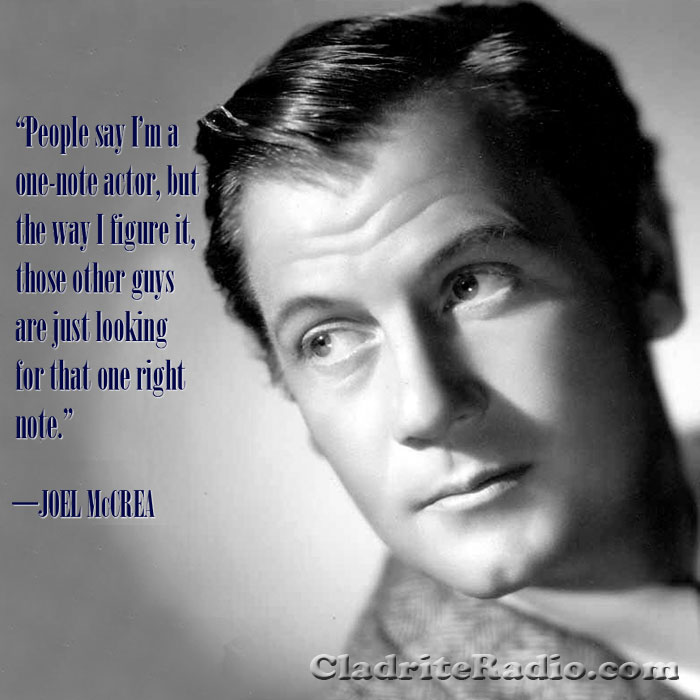

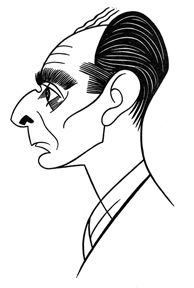
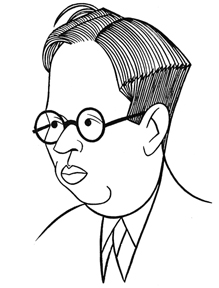
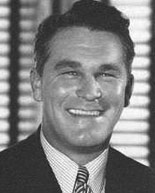
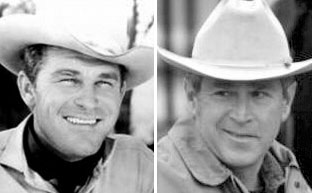 Oh, and the senior Williams was a Democrat, another key difference.
Oh, and the senior Williams was a Democrat, another key difference.